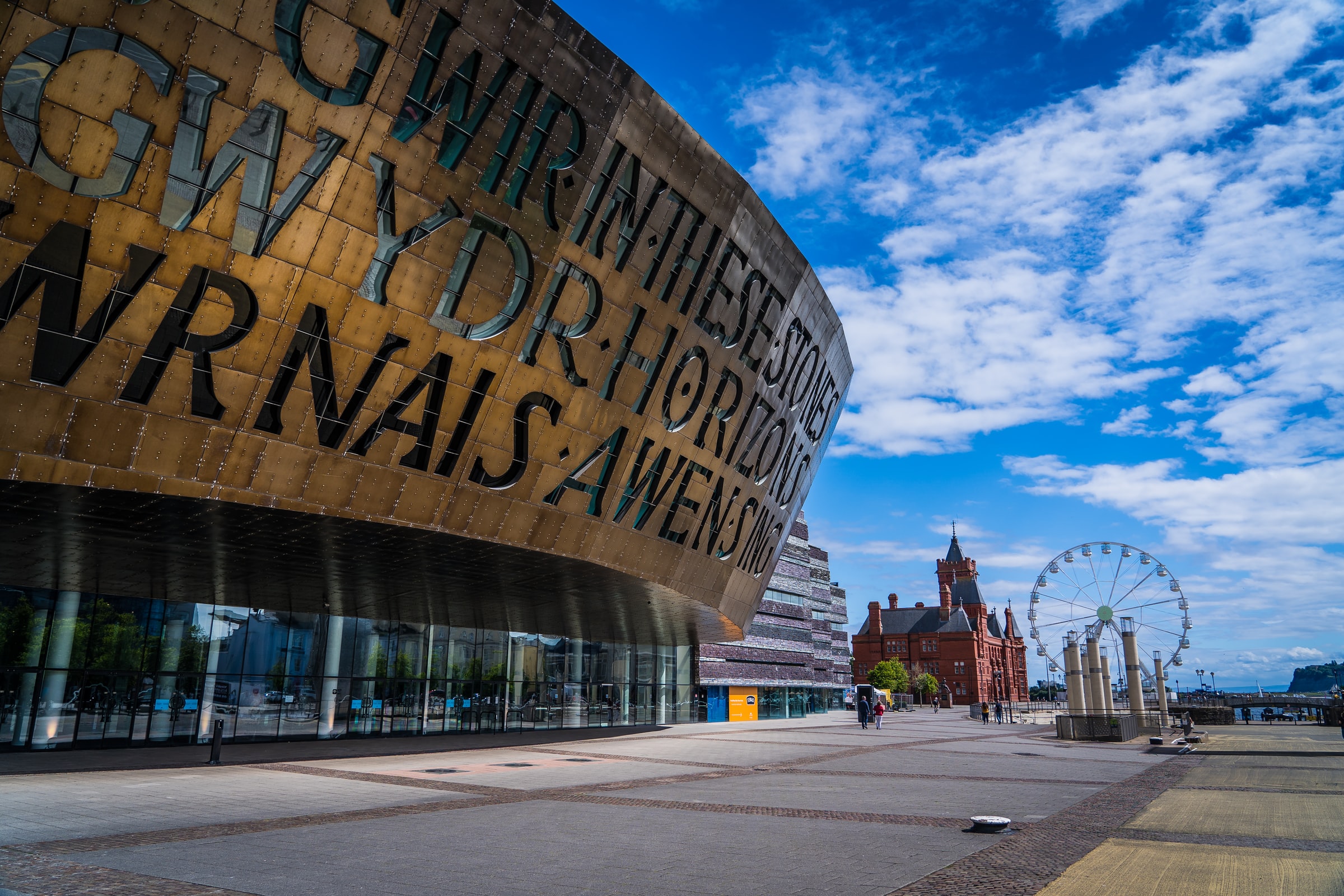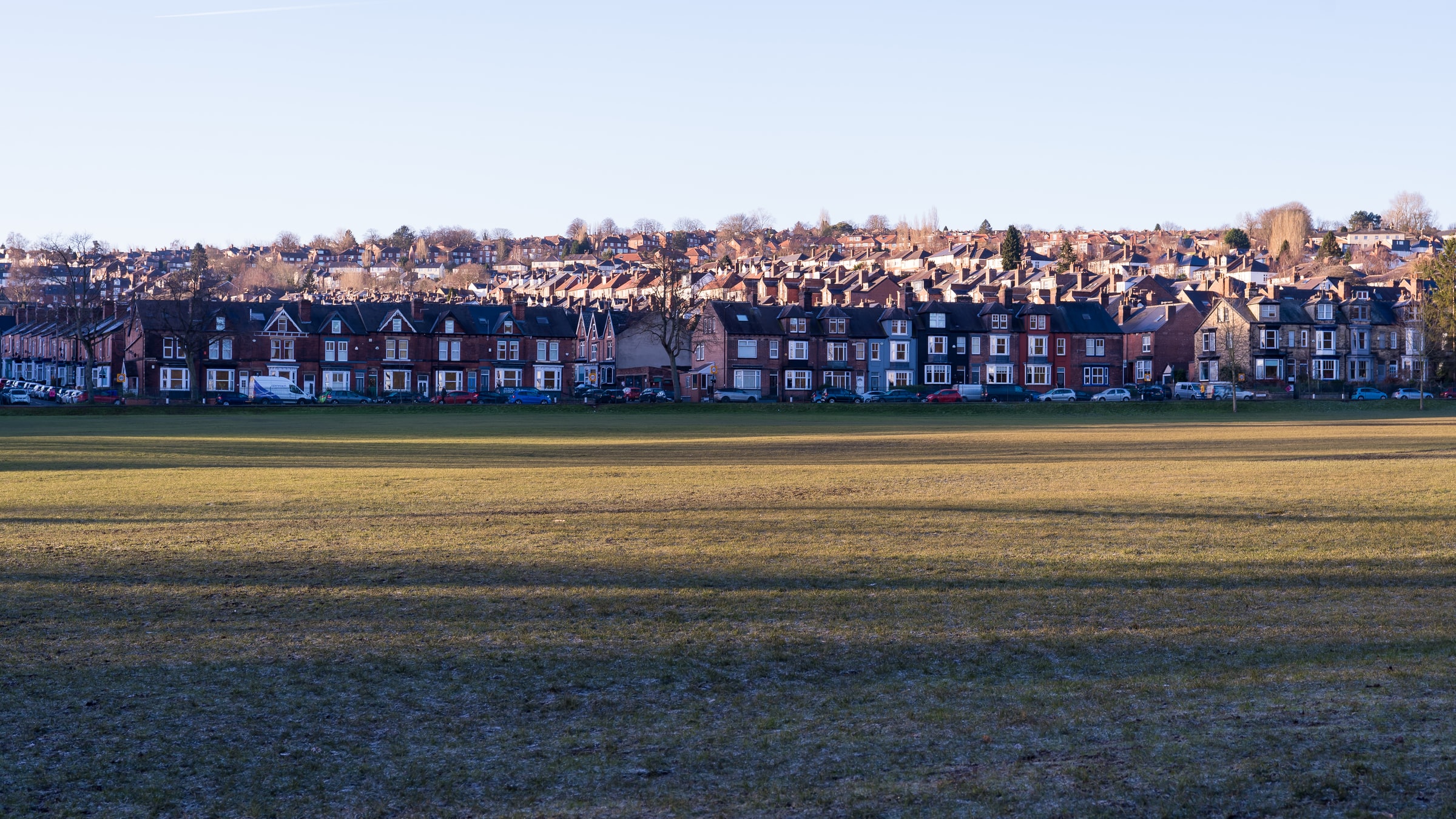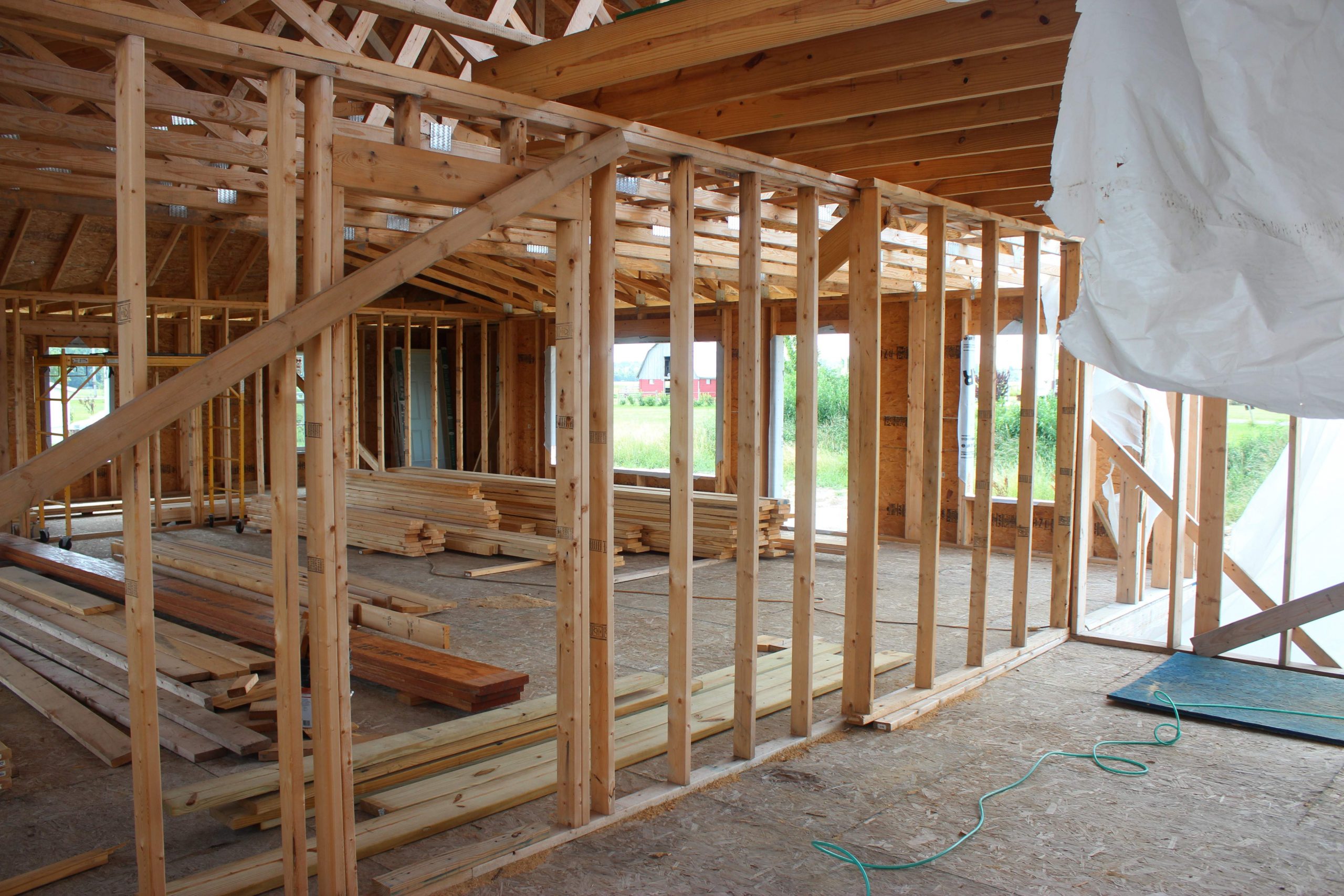How Will This Cardiff Housing Development Incorporate Sustainability?

Construction is well underway on an innovative housing development for Cardiff Council. Housing Industry Leaders looks at how the development aims to deliver high-quality housing utilising various eco-friendly and innovative building practices.
The development is the first of two collaborations between J.G. Hale Construction and Cardiff Council. When completed, it will provide 13 modern, spacious council homes, including a mix of two, three and four-bedroom family homes.
Demolition of the site began in December 2021, and the projected completion date for the new development is the end of spring 2023.
Cardiff Council’s Sustainability Standards Must Be Met
There will be a mix of semi-detached and terraced buildings over two or three storeys, with dedicated parking, a communal garden and new access routes. In addition, the development will be within walking distance of the local shopping facilities.
With a requirement to meet or exceed Cardiff Council’s energy efficiency and sustainability standards, a fabric-first approach will be used.
Also, this will be achieved through adopting renewable energy capture, using natural ventilation and water/electricity-saving fittings, and a sustainable building management strategy.
Using Sustainable And Innovative Materials Will Enhance The Environment
David Harrhy, Managing Director of J.G. Hale Construction, said: “We are delighted to be collaborating with Cardiff Council on what we hope will be the first of many such schemes.
“The Wakehurst Place development, when completed, will incorporate many sustainable and innovative materials, technologies and building practices – all aimed at energy and water conservation, which is excellent for the environment and will also save the occupants money on their bills.
“We fully support Cardiff Council’s energy efficiency and sustainability objectives and are very excited to be collaborating with them.”
As a company, J.G. Hale Construction is recognised for its commitment to innovative, eco-friendly design, quality materials and sustainable building practices, and we are also committed to using local sub-contractors and suppliers on every project we work on.
Sustainable drainage systems (SuDs) design will be incorporated into the development. SuDs are designed to manage rainfall and stormwater locally, using rainwater gardens mimicking natural drainage and encouraging its infiltration to reduce adverse effects.
In turn, this improves water quality and enhances its environment’s amenity and biodiversity value. It achieves this by lowering flow rates and increasing water storage capacity and rainwater gardens. Therefore it enhances the environment.
Using sustainable and innovative materials, residents will benefit in many ways, such as by saving money on their bills, and it will support the UK in reaching our net zero targets.

